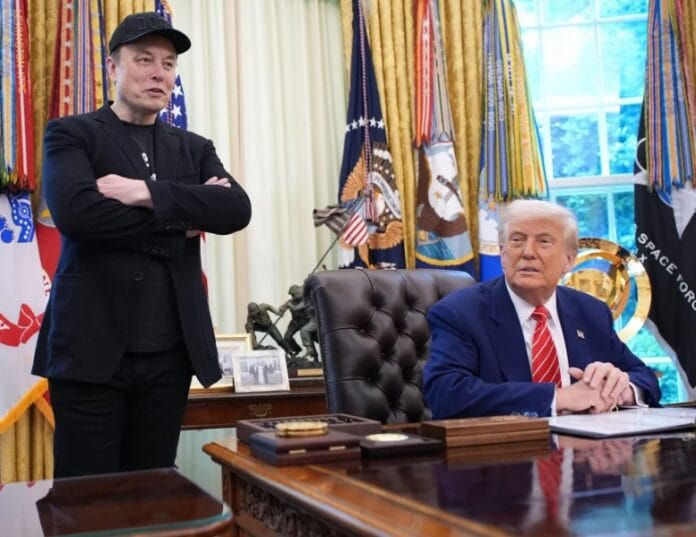As the dust settles on Donald Trump’s return to the White House, an intense debate has erupted in political circles and across social media: Did Elon Musk’s support win Trump the 2024 election? The reality is more complex than any simple headline.
A High-Stakes Alliance
The unlikely partnership between Trump and Musk began dramatically in July 2024, when Musk publicly endorsed Trump following an assassination attempt in Pennsylvania. From there, Musk became an active campaigner—touring battleground states like Pennsylvania and even donating million-dollar cheques to selected voters, in a controversial strategy that drew headlines and lawsuits.
Behind the scenes, Musk’s financial influence was far more significant. According to campaign finance records, the Tesla and SpaceX CEO poured over $270 million into America PAC and related pro-Trump entities, making him the single largest donor to Trump’s campaign. His money powered a vast voter outreach machine and provided critical tech resources to Trump’s team in key swing states.
Game-Changer or Overstated Impact?
While there’s no question Musk supercharged the Trump campaign’s capacity, the notion that he alone “won” the election is an oversimplification.
Political analysts caution that financial firepower only goes so far. For instance, Musk’s efforts to influence judicial races in Wisconsin failed, demonstrating that money does not always translate to electoral success. Furthermore, Speaker of the House Mike Johnson argued that it was Trump’s message—not Musk’s wallet—that ultimately won over voters. “It was President Trump who deserves the most credit for the party’s sweep,” Johnson stated.
From Ally to Adversary
Ironically, Trump and Musk’s relationship has since soured spectacularly. Their falling-out began when Musk blasted Trump’s $2.4 trillion spending bill as a “disgusting abomination.” In retaliation, Trump threatened Musk’s businesses and accused him of losing his political clout.
Adding fuel to the fire, Musk faced accusations of ties to Jeffrey Epstein, prompting further personal attacks from Trump. Musk’s cryptic musings about launching an “America Party” further enraged GOP leaders, who saw it as a potential threat to conservative unity.
Broader Implications for U.S. Democracy
Beyond this personal feud lies a more unsettling truth: Musk’s level of influence signals a growing trend toward billionaire-driven politics. As The Guardian aptly warned, this saga “underscores the worrying influence of unregulated money in U.S. politics.”
Democrats are already weaponising Musk’s role in attack ads, portraying him as a symbol of oligarchic control over American democracy. Meanwhile, Vice President JD Vance has urged Musk to reconcile with Trump, recognising the strategic value of his support.
The Bottom Line
Did Musk help Trump win? Undoubtedly. His money, technology, and public endorsement all played a pivotal role. But did Musk singlehandedly deliver the presidency? No. Trump’s populist message, political instincts, and Republican ground game were the decisive factors.
Yet the deeper issue remains: the increasingly dangerous symbiosis between ultra-wealthy individuals and political outcomes. In that sense, whether Trump or Musk “won” may be less important than whether American democracy is losing.




